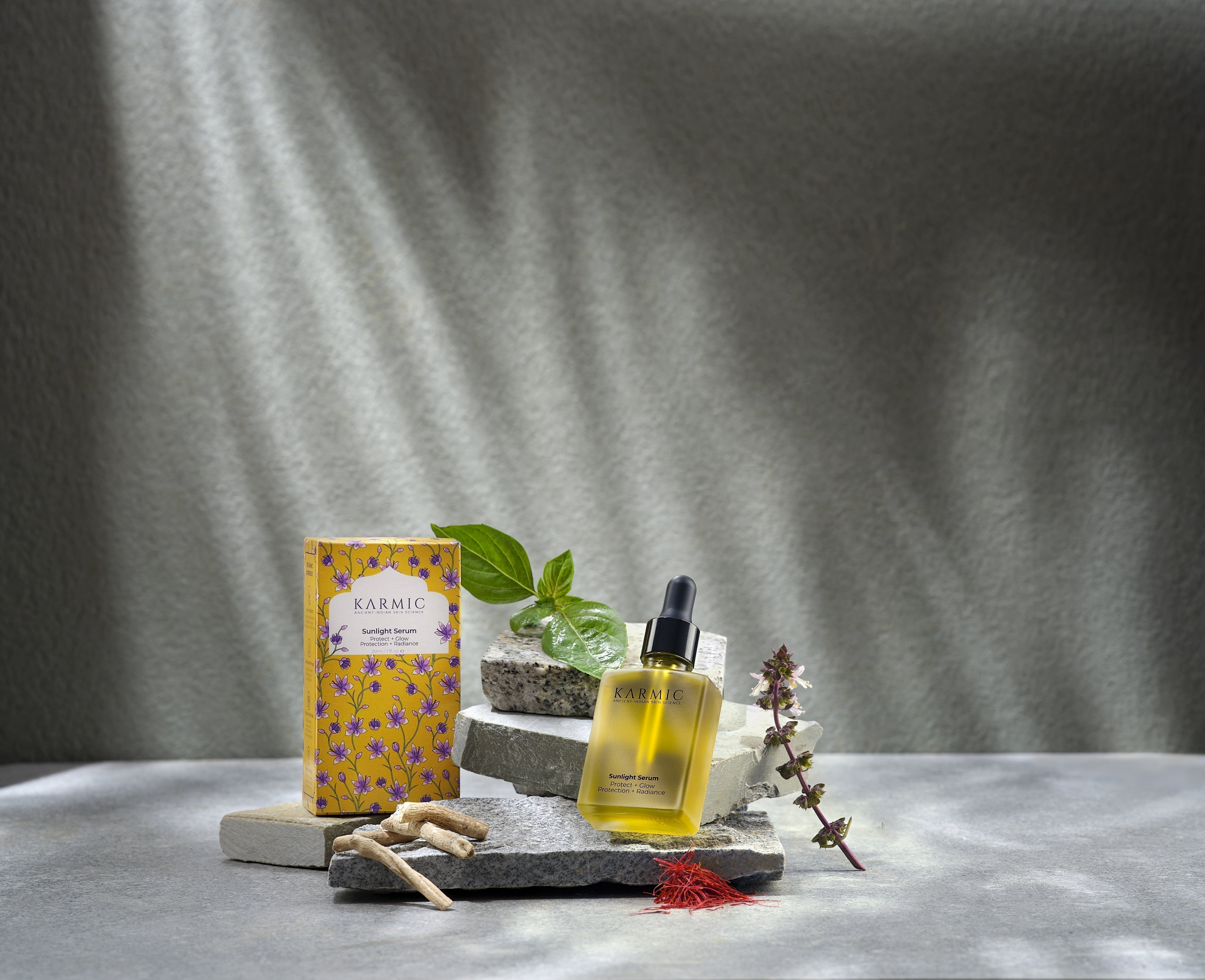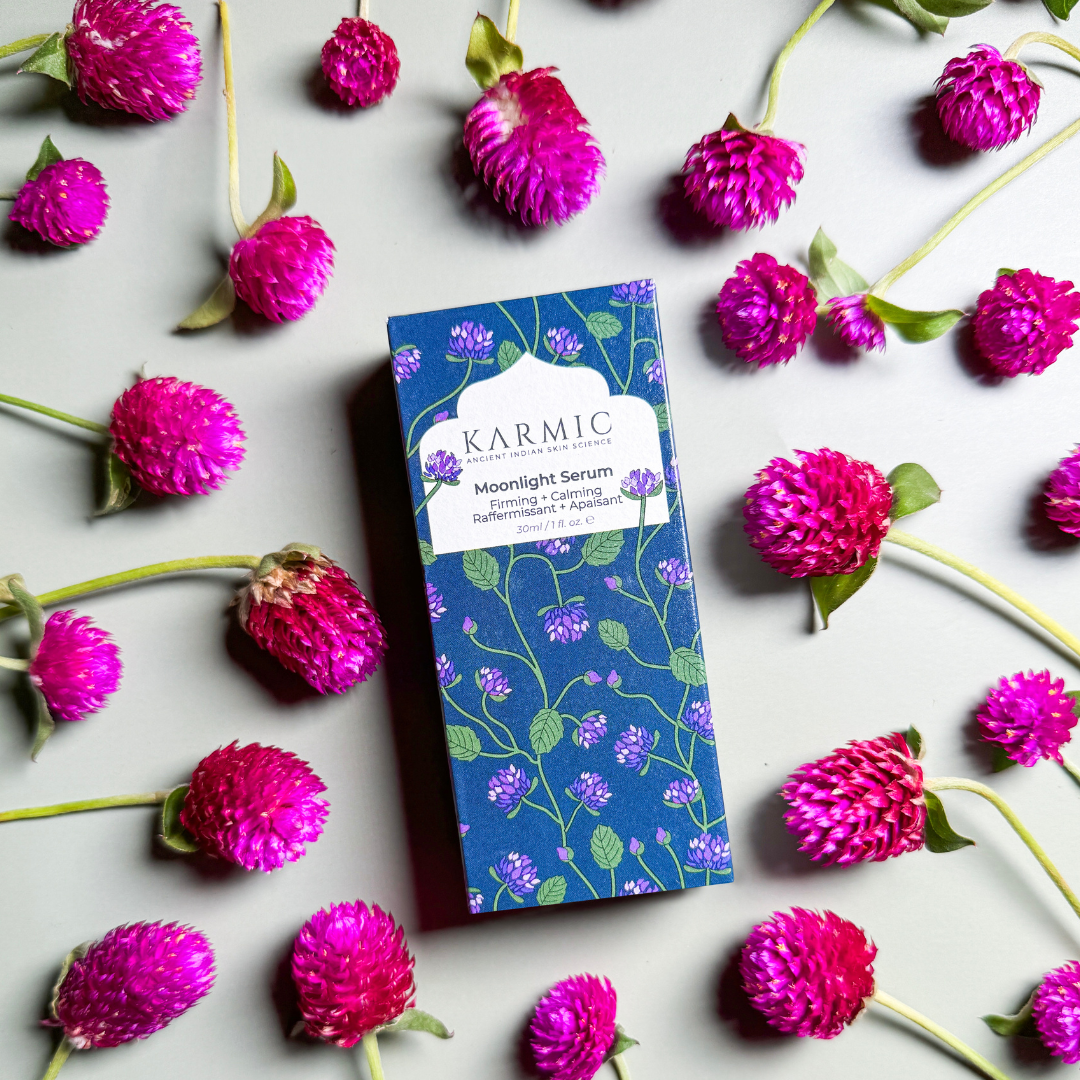The UK beauty market has undergone a significant transformation over the past decade. Consumers are no longer only concerned with how products make them look; they now ask deeper questions about how their choices impact the planet, animals and their overall wellbeing. Among the biggest shifts is the rising demand for vegan skin care products,
a category that was once niche but has now moved firmly into the mainstream. Paired with the growth of the best natural skin care products, this evolution shows how the UK has embraced a conscious approach to beauty.
The Rise of Ethical Beauty in the UK
The UK is one of Europe’s fastest-growing markets for ethical beauty. Consumers are now more aware of sustainability, animal welfare and the health risks linked to harsh chemicals. As a result, brands that focus on transparency, cruelty-free testing and eco-friendly packaging are thriving. Millennials and Gen Z in particular have been the driving force, with surveys showing that younger buyers are more likely to avoid products linked to animal cruelty or harmful chemicals. This has pushed mainstream retailers and luxury brands to rethink their lines and introduce dedicated vegan ranges. Ethical beauty has evolved from being a side trend to becoming a strong pillar of the UK skincare industry.
What Makes a Product Vegan in Skincare?
Not every product marketed as natural or clean is truly vegan. To qualify as vegan, skincare must be made without any animal-derived ingredients. This includes common additives like beeswax, lanolin, collagen, carmine and keratin. Instead, vegan skin care products use plant-based alternatives such as candelilla wax, shea butter, hyaluronic acid derived from fermentation, or algae-based collagen. It is also important to distinguish between vegan and cruelty-free. A product can be cruelty-free, meaning it is not tested on animals, but still contains animal by-products. On the other hand, a vegan product ensures that both the formulation and the testing process remain ethical and plant-based.
From Niche to Mainstream
When vegan skincare first appeared in the UK, it was largely confined to health food shops, eco-friendly markets and small independent brands. Early adopters were often passionate about animal rights or natural living, but the wider market did not pay much attention. However, as awareness grew, larger retailers began stocking these products and beauty giants launched vegan ranges. High street brands like Boots and Superdrug now carry multiple vegan labels and even luxury skincare houses are joining the movement. What was once considered alternative is now readily available, showing how the evolution of beauty is linked with ethical consumer demand.
Current Trends in Vegan Skincare
The latest trends in vegan skincare show how it is closely aligned with the best natural skin care products. Shoppers are looking for formulations that are plant-based, gentle and effective. Ingredients like bakuchiol, often called a natural alternative to retinol, have become highly sought after. Botanicals such as aloe vera, chamomile, hemp seed oil and turmeric are also popular. There is growing interest in waterless beauty, which reduces the need for preservatives and creates more concentrated formulas. Sustainable packaging, refill options and minimalistic ingredient lists are now almost expected by UK consumers. Social media influencers, beauty bloggers and eco-conscious celebrities have further pushed vegan skincare into the spotlight, making it a lifestyle choice as much as a beauty routine.
Why UK Consumers Prefer Vegan Skin Care
UK shoppers are drawn to vegan skin care products for a variety of reasons.
Firstly, many believe they are healthier for the skin since they often exclude harsh chemicals and rely on plant-based actives. Secondly, they are appealing to people with sensitive skin, as natural ingredients can be gentler and less irritating. Ethical concerns are also a major factor. Consumers want beauty that is cruelty-free and sustainable, reflecting their personal values. The eco-conscious culture in the UK has made vegan and natural beauty part of a wider lifestyle movement that extends to diet, fashion and household products. Lastly, transparency has become a priority; customers want to read labels and clearly understand what goes into their skincare.
Vegan vs Conventional Skincare
To better understand the differences, here’s a comparison:
|
This comparison highlights why many consumers are shifting towards vegan options, even if conventional skincare still dominates in some categories.
Challenges in the Vegan Skincare Market
Despite its growth, the vegan skincare market faces some challenges. One of the biggest is greenwashing, where brands use misleading labels to appear more ethical than they are. This confuses consumers and reduces trust. Another challenge is the misconception that vegan automatically means natural. Some vegan products may still rely heavily on synthetic ingredients, which are not always the best natural skin care products. Costs are also higher due to ethical sourcing and sustainable packaging, making some ranges less accessible. Finally, the industry still lacks universal regulations, which means buyers must rely on certifications like Vegan Society, Leaping Bunny, or Soil Association to ensure authenticity.
The Future of Vegan Skincare in the UK
Looking ahead, the future of vegan skincare in the UK appears promising. Major brands are expected to roll out fully vegan collections and innovation in plant-based actives will continue. Ingredients like lab-grown collagen and biotech-derived actives are becoming more advanced, offering vegan solutions that rival or outperform traditional ingredients. The overlap between vegan and best natural skin care products will strengthen, as consumers increasingly seek holistic, eco-conscious options. Technology will also play a role, with AI-driven personalisation helping people choose the right vegan skincare based on their skin type, lifestyle and values. As demand grows, vegan skincare will no longer be a trend but the standard.
Conclusion
The UK beauty market has seen a remarkable evolution in the rise of vegan skin care products. Once a niche, they are now embraced by mainstream and luxury brands alike. Consumers are choosing vegan options for their ethical values, skin benefits and eco-conscious packaging. With innovation in plant-based actives and the growing influence of best natural skin care products, vegan skincare is set to become not just a trend but the future of beauty in the UK. For conscious consumers, this marks an exciting new era where beauty is not only about appearance but also about making choices that align with values and sustainability.
FAQ
1.Are vegan skin care products better for sensitive skin?
Yes, they’re usually gentler on the skin, but it’s still smart to check for any personal allergens.
2.Do vegan products provide anti-ageing benefits?
Definitely! Ingredients like vitamin C and bakuchiol help smooth fine lines and keep skin looking fresh.
3.How can I identify the best natural skin care products in the UK?
Go for products with trusted certifications, clear labels and eco-friendly packaging.
4.Is vegan skincare always more expensive?
Not at all. There are plenty of budget-friendly vegan options along with luxury ones.
5.What is the difference between vegan and cruelty-free skincare?
Vegan means no animal ingredients. Cruelty-free means no animal testing.
6.Are vegan skin care products as effective as conventional ones?
Yes! Modern vegan formulas work just as well and sometimes even better.
7.Will vegan skincare become the norm in the UK beauty market?
It’s very likely, as more people now prefer sustainable and plant-based choices.




